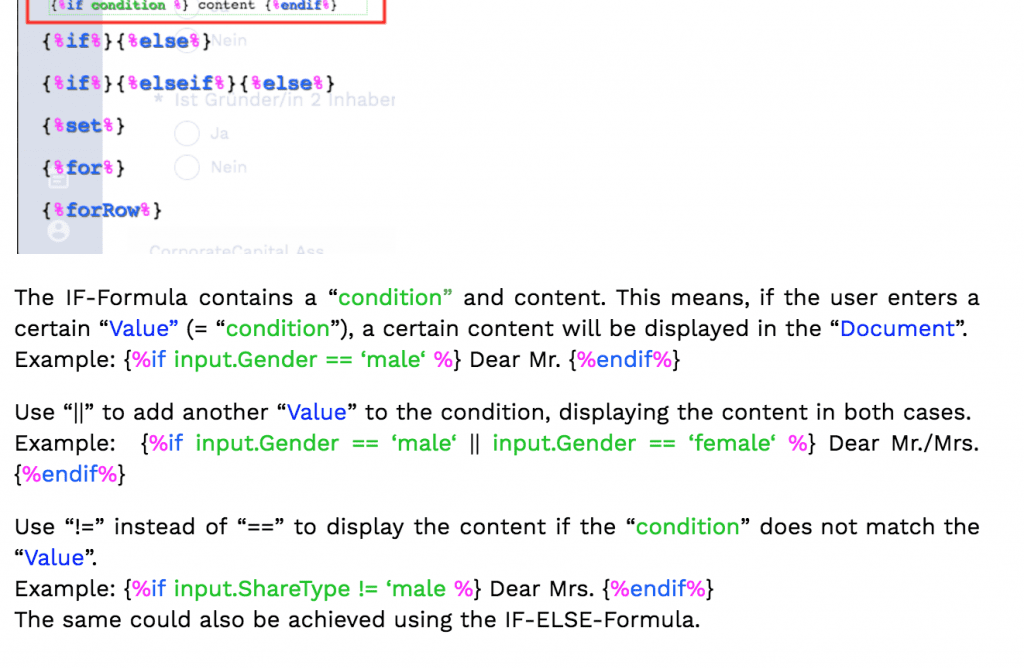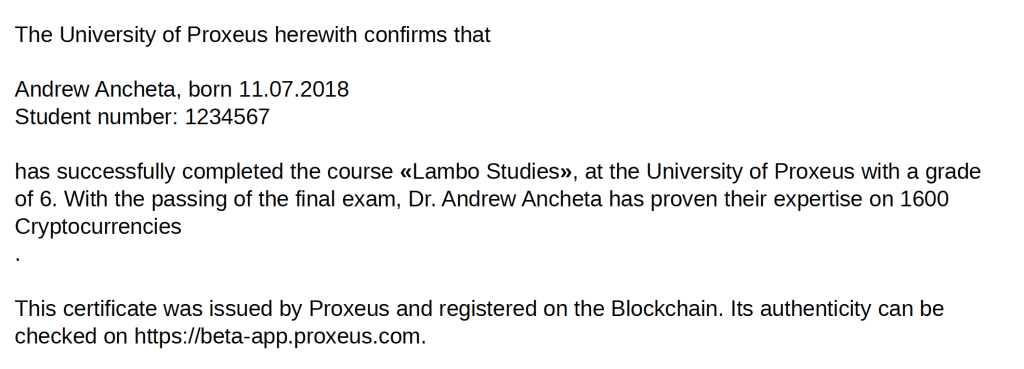Welcome To Crypto Park: Review Of Proxeus Beta

Share this article
One of the most worrying trends in cryptocurrency is the tendency to over-rely on code and programming to prevent accidents. It’s the “Jurassic Park” problem—clever engineers can prepare for every problem they can imagine, but not the ones they can’t. Those problems multiply as human and other variables enter the equation.
As Dr. Malcolm says: Life finds a way.
As a case in point, a new beta, recently released by Proxeus. From the outside, Proxeus is a simple way for non-technical people to upload data to the blockchain, a system which will become more common if blockchains enter use in fields like academia or healthcare. It’s a sort of crypto-based notarial or certification service: your university stores a hash of your degree on the blockchain, allowing future employers to easily verify that your credentials are authentic.
It doesn’t take much imagination to think of other instances in which this could be useful. Proxeus already has several partnerships, including with Mount10 (“the Swiss Fort Knox”) and WWF Switzerland for a solution to improve the donation process. They have also partnered with an auto company to simplify the certification process for collectable vintage cars.
The company raised $25 million in an ICO earlier this year.
In its beta form, the program offers an efficient way to create user-friendly workflows. After customizing some forms, users can easily generate a certificate and upload its hash signature to the Ethereum blockchain for anyone to verify. It comes with a sample workflow, which can be customized, and a short demonstration video to show how easy it is to use.
It’s when you get under the hood that the problems start. After installing several browser extensions, you can start customizing your diploma by inserting simple placeholders like ${insert.Name} and ${insert.Date}. If you get lost, there’s a handy user guide that looks like this:

While the system is intended to make certification simple, actually designing those the workflows is a different story. After much trial, and even more error, this reporter decided to award himself a doctorate in the newly-created field of Lambo Studies. The diploma—after LibreOffice misplaced the graphics—looked something like this:

Once everything looks good, the user pays a small fee to load a hash of the final document to the blockchain. The beta runs on Ropsten, so you’ll need testnet ethers to pay for the gas fees. After finding a faucet, the file was hashed, uploaded and verified it against the blockchain:

That’s a rather anticlimactic end to a process that was already more complicated than it should be. To be clear, this is the exact same file which Proxeus created, and allegedly uploaded, to provide an ironclad on-chain system for verifiable certification. The same system rejected that document a few moments later.
If blockchain is really to become society’s technological backbone, it will have to account for human error—and engineer errors as well. As Ethereum developers have come to quip: “Get it right once, or get it wrong forever.” If Proxeus’ engineers struggle to make the system work, how will it go with overworked administrators?
All of which makes for an overly harsh review of a fairly innocent certification system, and a beta version at that. It’s unlikely that anyone will get eaten by dinosaurs because Proxeus had a few bugs. But it doesn’t take much to imagine how problems like these could complicate a job interview. Or, indeed, a hospital visit. Especially if non-programmers continue to put too much faith in the infallible power of the blockchain.
As companies like Proxeus start developing more user-facing applications for blockchains and smart contracts, they would be wise to heed Douglas Adams. “A common mistake that people make when trying to design something completely foolproof,” Adams wrote in the last Hitchhiker book, “is to underestimate the ingenuity of complete fools.” He should have added, they also underestimate the foolishness of engineers.
The author is not invested in Proxeus, but has investments in other cryptocurrencies.
